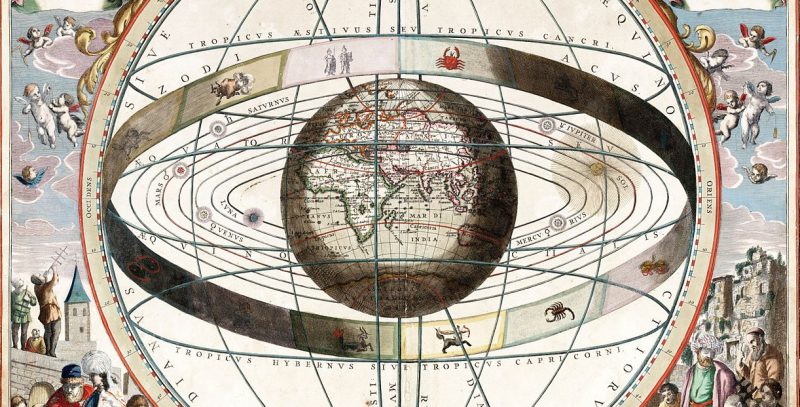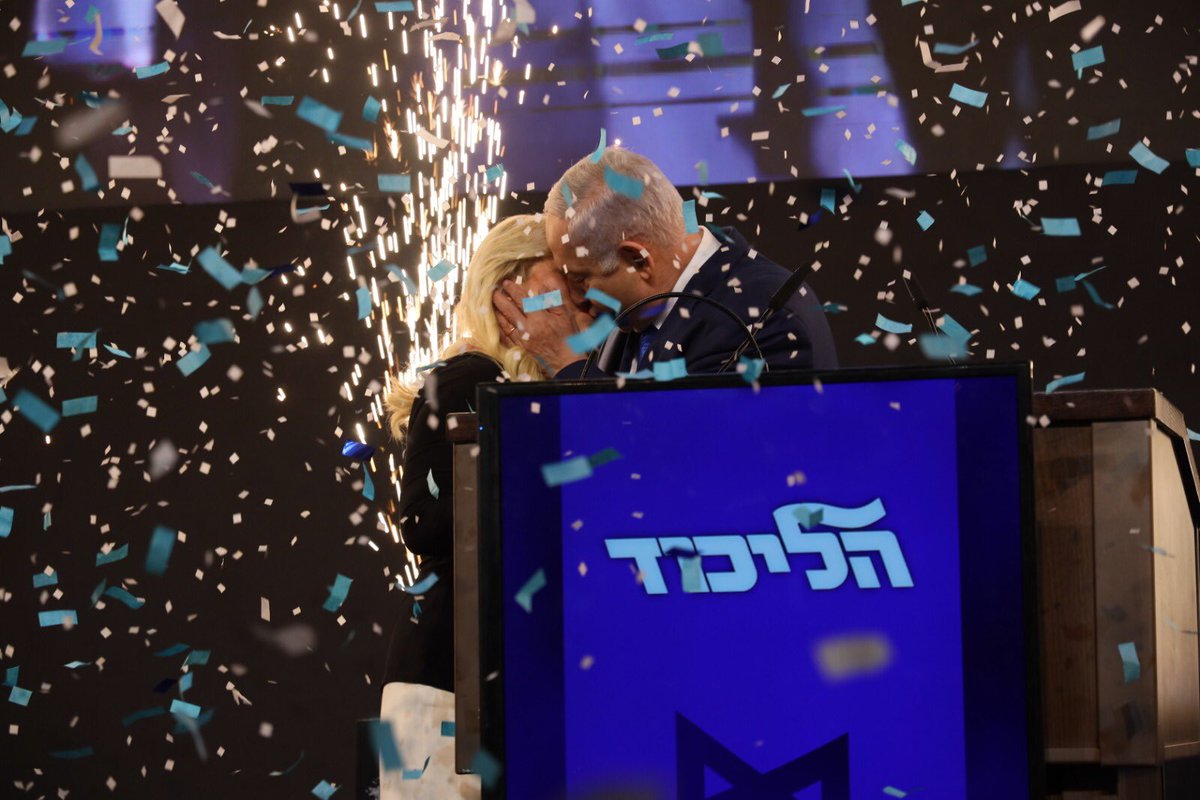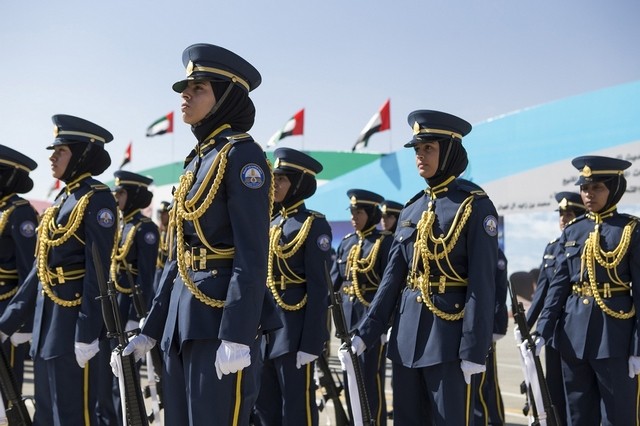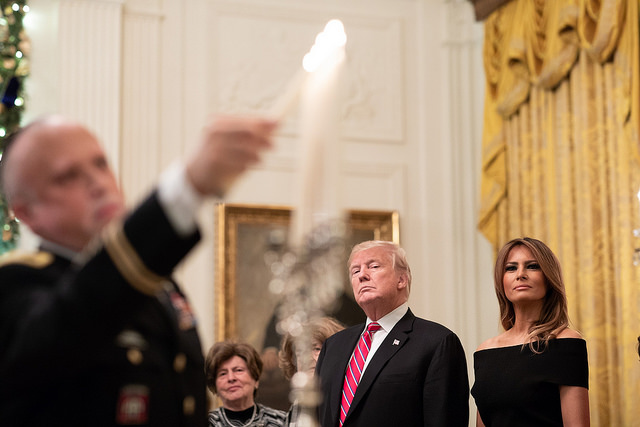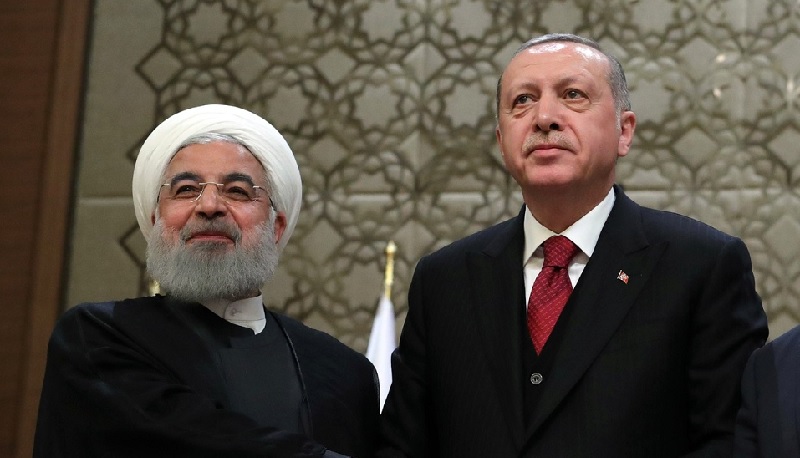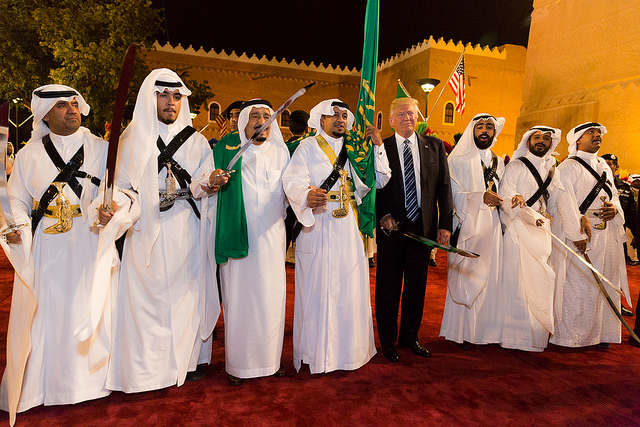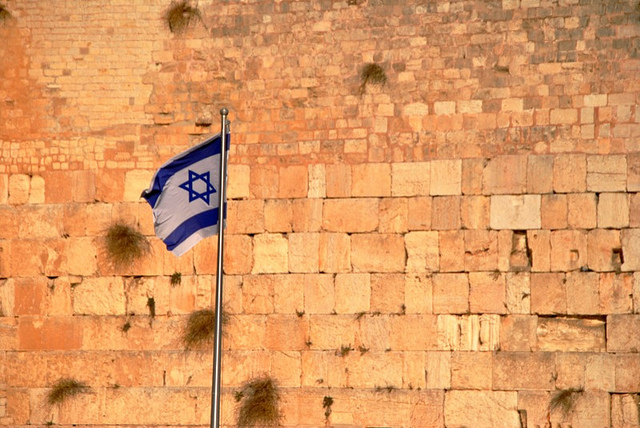Will US–Iran tensions disrupt the global oil market?

The global oil market has largely shrugged off the sabre-rattling in the Middle East as the United States seeks to halt Iran’s oil exports. The oil price actually fell by 2% following the Trump administration’s announcement that it would end all exemptions to the US sanctions on Iranian oil purchases, suggesting that the market was more impressed by a rise in US oil stocks than by the threat of conflict in the Middle East.
That threat is not remote: in late April, a senior Iranian naval official warned that Iran would block the Strait of Hormuz if it were prevented from exporting oil. The 20-kilometre-wide strait is the waterway through which 20% of globally traded oil is shipped, including most of Asia’s supplies.
The US has sent an aircraft carrier and a bomber taskforce to the region, although it’s not clear whether the move is intended to ensure clear passage through the strait or to counter other unspecified threats by Iran’s Islamic Revolutionary Guard Corps.
The oil market remains unruffled; the more worrying topic continues to be the trade conflict between the US and China and the negative impact it could have on demand for oil.
Yet, oil market analysts warn that troubles are mounting. US energy expert Amy Myers Jaffe of the Council for Foreign Relations is concerned that the US is relying too much on the ability of its own rising oil production to fill any gaps in global supply. ‘There is no question that rising US oil production has emboldened US policy regarding oil sanctions’, she says.
Until 2006, the US was the world’s biggest oil importer, buying around 12 million barrels a day. According to the US Energy Information Administration, net imports are now down to zero, as a result of huge growth in domestic supplies of oil and liquids from fracking technology. The US is increasingly important in export markets.
Jaffe says that while US production will continue to rise, the market remains vulnerable to supply disruptions.
‘The administration should take care not to impose too many complex sanctions in the oil market at once because surprise events such as hurricanes, accidents at major oil fields, or geopolitical strife can create sudden disruptions in oil supplies and leave markets more vulnerable to price spikes’, she warns.
Iran was the second largest OPEC supplier after Saudi Arabia, exporting almost 3 million barrels per day (bpd) at its peak. Exports were still at 2.8 million bpd until April last year when US sanctions were imposed. They dropped to a little more than 1 million bpd by the end of last year, but have since recovered to around 1.7 million. China, India, South Korea, Japan and Turkey were all able to buy Iranian oil under the US sanction waivers, which have now been terminated.
India, Japan and South Korea have said they will abide by the sanctions. China and Turkey have indicated they will resist, but to what extent isn’t clear. China has in the past sought to get around the US sanctions by using barter, although the arrest of Huawei’s chief financial officer in Canada, following US charges that she was instrumental in breaking Iranian sanctions, highlights the risks.
Analysts believe the tougher sanctions could reduce Iranian exports by at least another million barrels.
There are other supply concerns. Venezuela’s oil production, which averaged around 2 million bpd until late 2017, had dropped to 1.2 million by February and is now down to 800,000. The fall reflects both the impact of US sanctions and the dysfunction of Venezuelan infrastructure.
Libya’s production of around 1.2 million bpd is also at risk as the nation edges closer to a renewed full-scale civil war.
The International Energy Agency’s latest analysis shows there’s little slack in the global oil market. It estimates that global consumption was 99.5 million bpd in the first quarter of this year, while total supply was 99.6 million bpd.
The US is pressuring Saudi Arabia to lift output to help offset the loss of Iranian supply, but it’s not yet clear whether it will do so. OPEC (of which Iran is a leading member) has been curbing supply in an effort to support prices. Saudi Arabia has cut its output by more than required under the OPEC agreement.
The IEA says there’s sufficient production capacity to meet global demand even allowing for the sanctions on Iran and Venezuela, although a large part of that capacity is in OPEC and is idled under its production cuts.
The IEA, which represents oil consumer interests in the advanced nations, is warning OPEC nations against allowing prices to rise too high, arguing that the global economy remains fragile.
Oil prices have responded to the tightness in supply this year. The international oil price benchmark, Brent crude, has risen from US$50 a barrel at the end of last year, when a global downturn was feared, to US$71 a barrel.
The price is still far below the levels above US$100 a barrel maintained between 2011 and 2014, which included the impact of the first round of sanctions on Iranian oil imposed by the Obama administration.
Those sanctions also led Iran to threaten to close the Strait of Hormuz. Threats have been made several times, though with less seriousness, since then. Jaffe doubts that Iran could actually achieve closure for long in the face of US military resistance, and other analysts note that even if it did, Saudi Arabia could redirect much of the production it sends through the strait through pipelines.
Oil markets were not disturbed by the US invasion of Iraq in 2003, and the US’s achievement of self-sufficiency since then has somewhat weakened oil’s traditional geopolitical significance. The shocks to the global economy delivered by the Arab oil embargo in 1972 and the Iranian revolution in 1978 are now old history.
However, oil remains the biggest commodity market by far, with annual sales of around US$2 trillion, which is about 10 times the sales of next-ranked iron ore. With global supplies tight, the world economy still has a lot riding on good sense prevailing in the intensifying conflict between the Trump administration and the Iranian Islamic Revolutionary Guard Corps.

